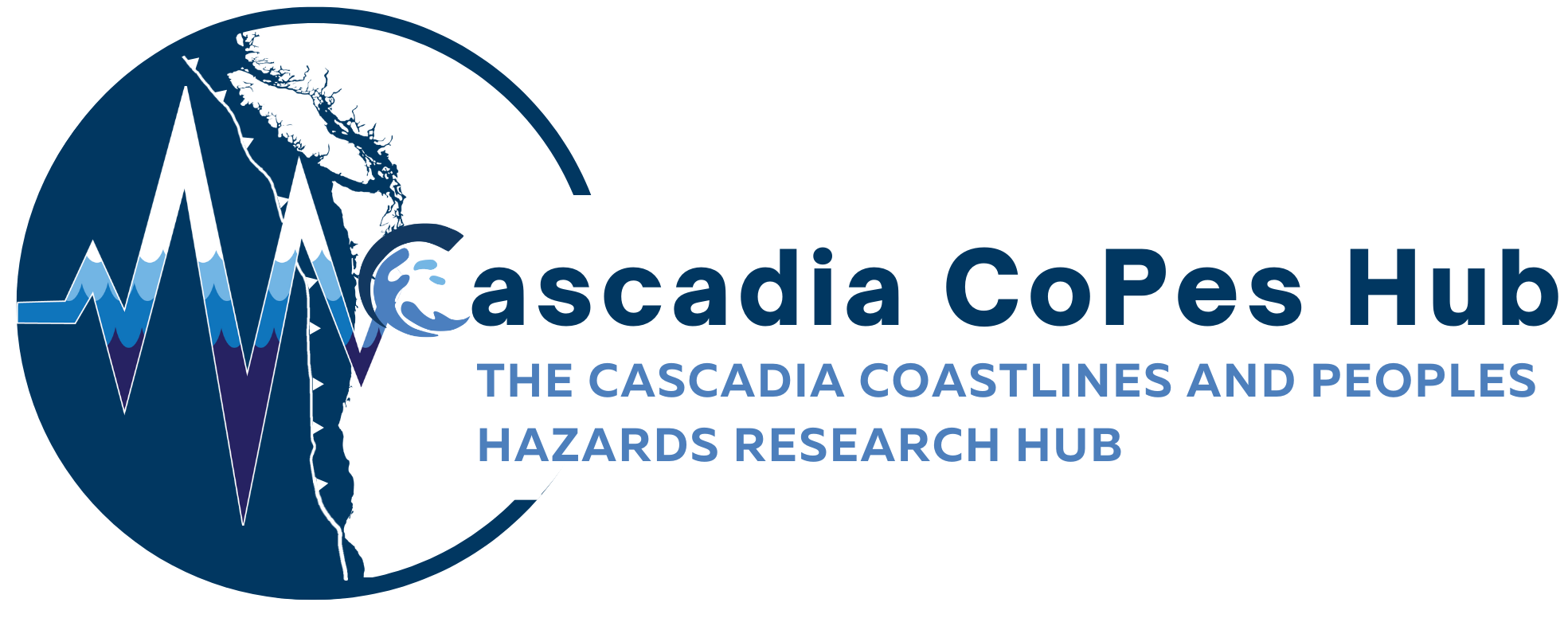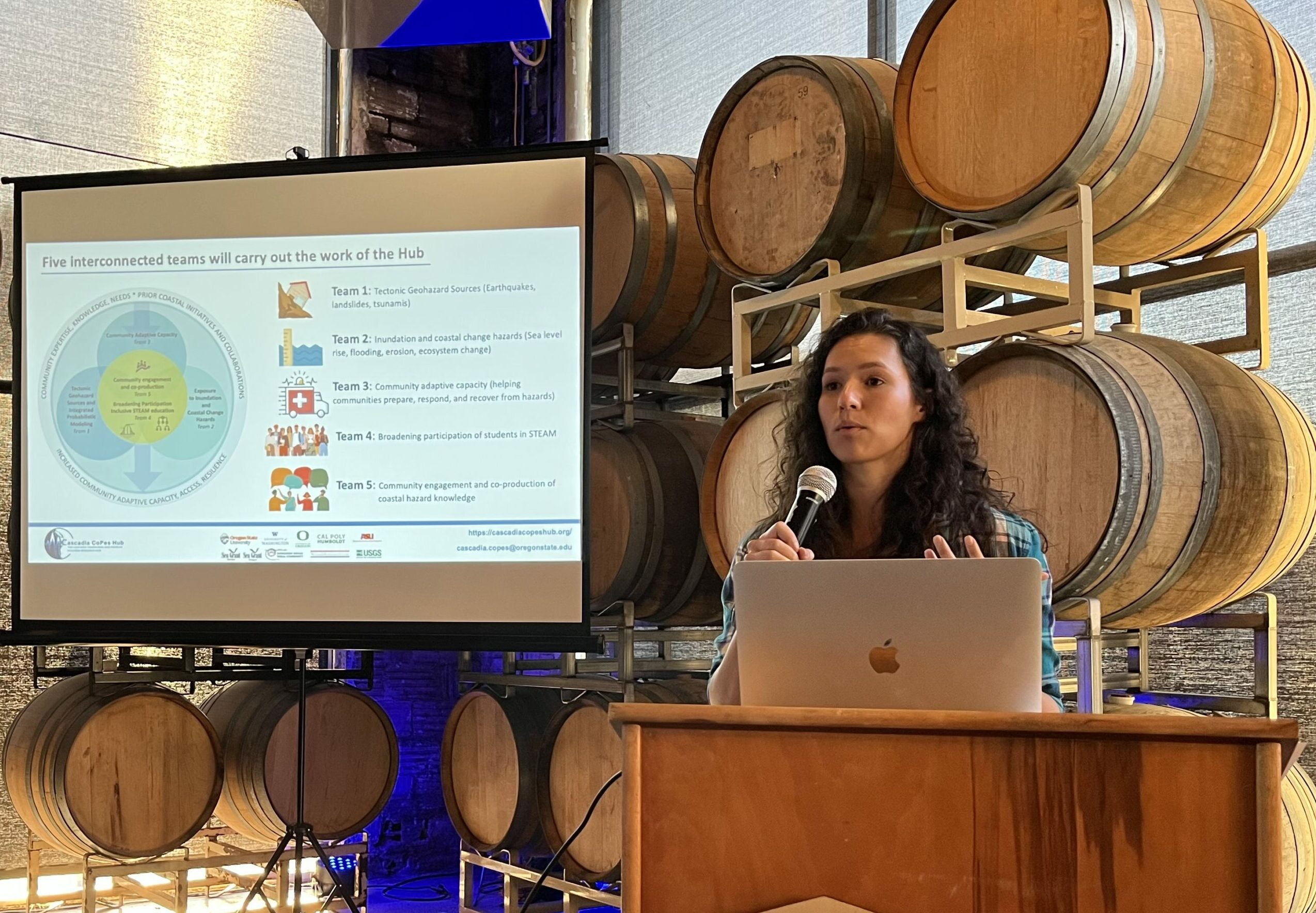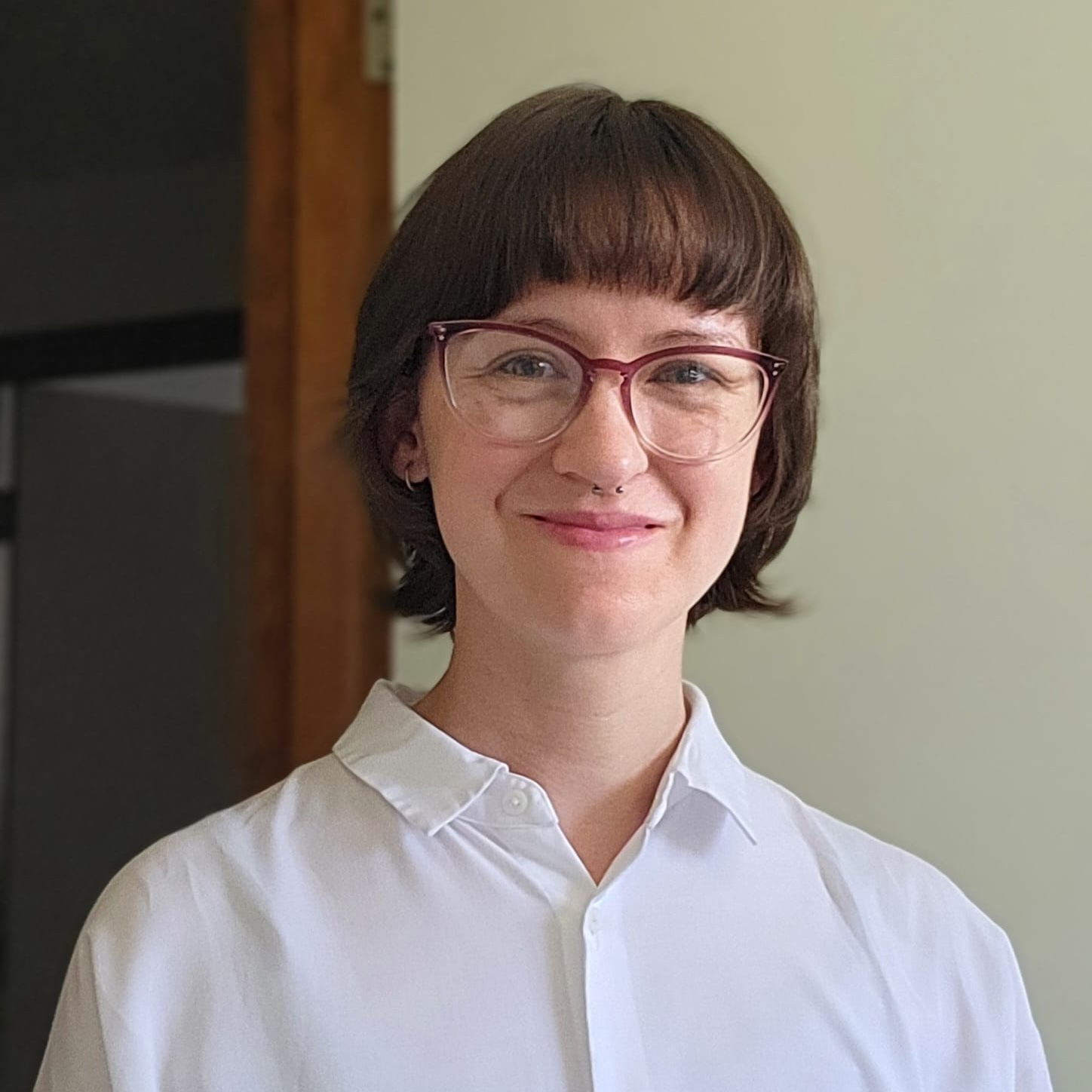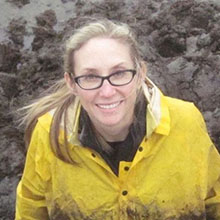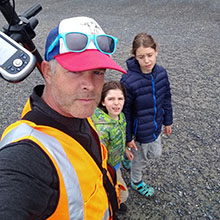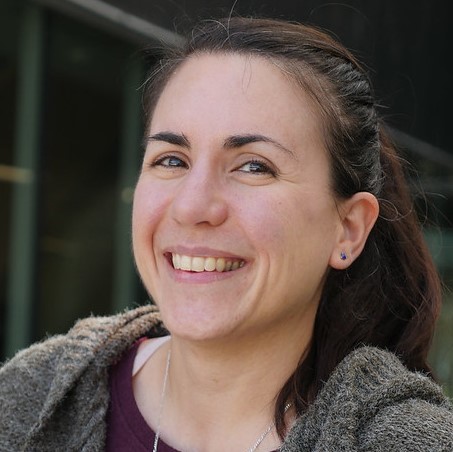Cascadia Community Engaged Research Clearinghouse
What support do you need?
The Cascadia CoPes Hub is dedicated to supporting your community’s information needs and informing local problem solving to coastal hazards by providing research, science communication support, and technical assistance*. The Cascadia Community Engaged Research Clearinghouse (CCERC) is a pathway to link your community’s needs with the Hub’s resources and services.
[The report the Cascadia CoPes Hub prepared for us is] clear and useful and very timely and will be most helpful to the City as it seeks to prepare itself for an emergency.”
Alex Cox, Chair, Yachats Emergency Preparedness committtee
Examples of support and expertise available to coastal communities
Research Support
- Provide information or data associated with specific needs or processes (site use decisions, design processes, planning processes, project proposals)
- Assist communities by connecting them with Hub researchers to develop collaborative scopes of work that align with community needs/outcomes
Draft case studies for the Oregon Coastal Hazards Ready (OCHR) Library & Mapper :
Although mitigation, adaptation, and preparedness projects are conducted along the Oregon Coast, information, strategies, and lessons learned are not always effectively shared between stakeholders. Thus, Oregon Sea Grant developed the Oregon Coastal Hazards Ready (OCHR) Library & Mapper to further inform the public and support community resilience. The OCHR Mapper is an ArcGIS StoryMap that displays 39 coastal hazards preparedness case studies. This tool is designed to assist individuals, communities, and tribal and local governments as they identify approaches to prepare for acute and chronic coastal hazards. The OCHR Mapper aims to promote and share lessons learned and research efforts done to reduce coastal hazards risks and build resilience in Oregon.
Studio Projects :
The Hub has a community co-production studio
model to advance coastal hazard research and planning. A studio may be carried out through a few different mechanisms, including faculty-guided graduate studios in planning or faculty-guided graduate student consulting labs in
public policy. Studios will be guided by your community interests and can include activities such as survey assessments of community adaptive capacity, user-centered design of hazards communication products, and evaluation of
hazards-related communications and messages in the Pacific Northwest. Below are a few examples of results from studies. Depending on the need you express, you may be supported through a studio.
-
Indigenous Worldviews and Tribal Priorities in Hazard Mitigation Planning. Borges, Juliana, Harari, Leah, Jung, Heeju, McFeely, Micah, McPherson-Siegrist, Nat (2024). Awarded the 2024 Evans School Policy & Governance Research Prize. MPA
Capstone, Evans School of Public Policy & Governance, University of Washington, Seattle, June
-
A “Hole-in-the-Community” Approach: How Federal Disaster Policy Overlooks Indigenous Communities. Jenicek, Ashton, Evan Mix, Alyssa Noltner, and Charles Veith (2023). Awarded the 2024 Evans School Policy & Governance Research Prize. MPA
Capstone, Evans School of Public Policy & Governance, University of Washington, Seattle, June.
Informational Flyer here
A shorter, updated version has now also been published: Mix EC, Noltner A, Jenicek A, Veith C, Bostrom A, Donatuto J, Moore, A., Errett, NA, (2024)
The whole community? Assessing FEMA’s inclusion of Tribal governments in hazard mitigation efforts. PLOS Climate 3(8): e0000479.
-
Making Waves: Sea Level Rise Engagement in the City of Westport. Braley, MaryJordan, Harvey, Tessa, Lorenz, Alison, and Tracy, Elana (2023). Awarded the 2024 Evans School Policy & Governance Research Prize.
Evans School of Public Policy & Governance, University of Washington, Seattle, June 2023
-
Planning for the Future: Assessing the Legacy of the Growth Management Act and Potential Policy Alternatives in the Puget Sound Region
-
Localizing Hazard Mitigation: Recommendations for Westport’s Comprehensive Plan Update
-
Various hazard mitigation planning documents
- Embedding Environmental Justice into the Washington State Department of Ecology: Promising Practices for Advancing Equity and Environmental Justice
*The request will be reviewed by the CCERC management team, and we will get back to you as soon as we can. Your request will be supported by various members of the CCERC management team. If they cannot directly help you, we will direct you to another research member of the Hub. In the case that the Hub cannot support your request, we will try to point you in the best direction.
